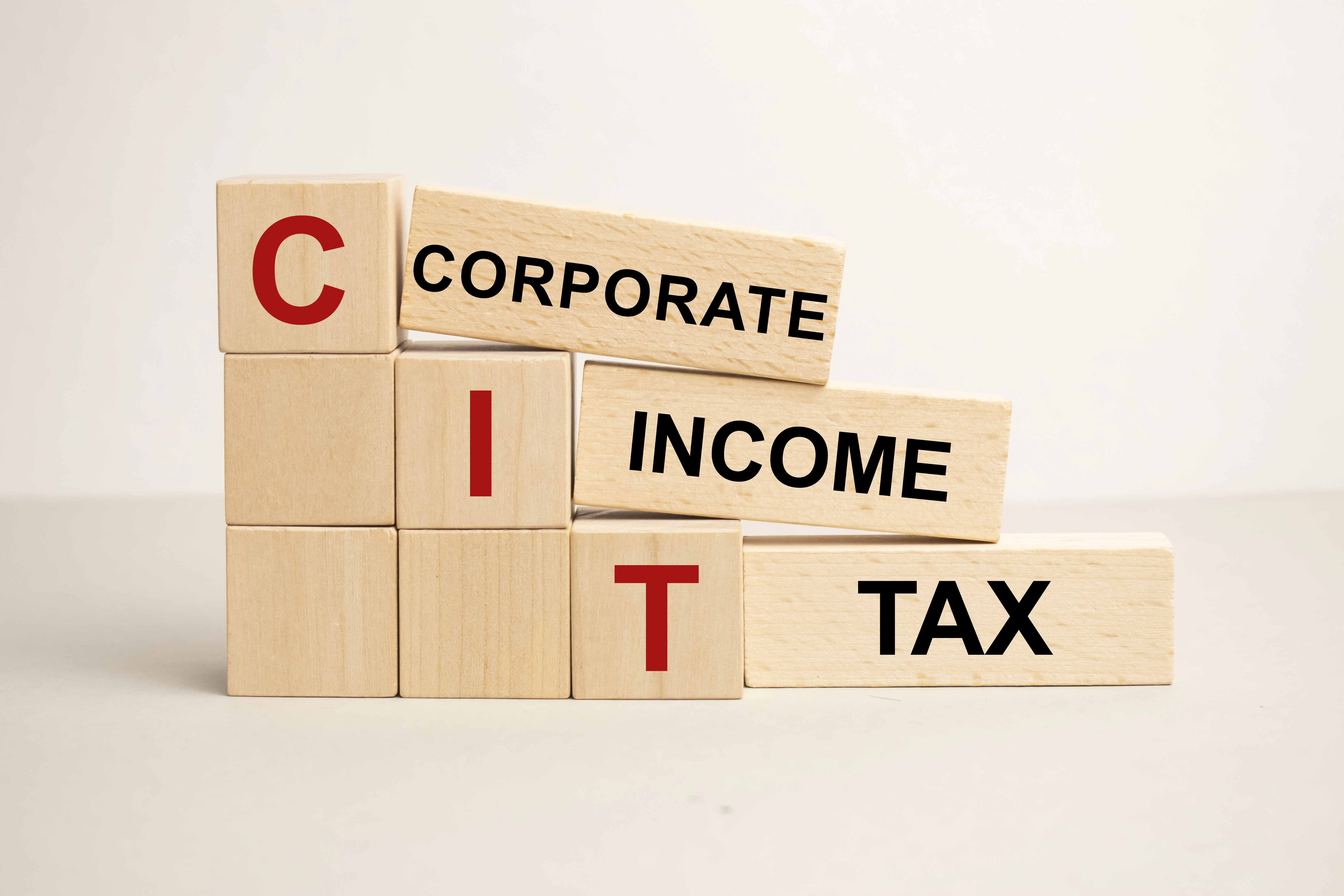By Alan Kasibwa
This famous phrase was coined by Justice Louis Brandeis in 1933 in his judgement in the case Liggett V. Lee and is a tact employed by developing countries to lower their corporate tax rates in order to attract multinational companies thus increasing the country’s foreign direct investment revenue.
The current corporation tax rate in Kenya is at 30 percent for companies resident in Kenya while foreign companies are taxed at a rate of 37.5 per cent of their income derived and accrued in Kenya. This rate is higher than the global average rate of 23.54 percent. African average of 27.97 percent and 23.04 percent for Organization for Economic Co-operation and Development (OECD) countries.

Having lower corporate tax rates, and other tax incentives, countries may seem more attractive and suitable.
However, the race to the bottom has far reaching negative connotations to a country in the long run. Some of the negative effects of this race are:
- Undermines government revenue
In the financial year 2020-2021, in the midst of a global pandemic and a reduction of the corporation tax for companies resident in Kenya from 30 percent to 25 percent for the first half of the year, the Kenyan Government, through the authority collected Kshs. 329.155 billion, Funds that were useful in helping the government combat the covid-19 pandemic. A lower Corporation Tax rate would mean far less funds would be available to aid the government in such efforts.
- Encourages the emergence of tax havens
Tax havens are countries or regions that offer foreign businesses and individual minimal or no tax liability. Some also offer further incentives such as extreme anonymity. These tax havens are detrimental to the growth of a country as companies and individuals look to shift profits from the grasp of revenue collecting agencies like KRA. These tax havens have become a cesspit of money launderers and who wish to hide their ill begotten funds.
- Emergence of powerful multinational companies
As the global market continues to expand, multinational companies have established intricate and elaborate schemes to maximize their profits. These companies have been able to use the race to the bottom to expand their global reach creating oligopolies. No sector has been more affected by this than the technology industry. These companies are able to use this race to the bottom to funnel funds through various subsidiaries to minimize their tax burden, increase their profits and use the profits to expand their global outreach creating companies whose annual income is larger than many countries’ gross domestic product. This creates a symbiotic imbalance where developing economies need these multinationals, their goods and services more than the companies need the countries.
To curb this race to the bottom, 137 countries have ratified a proposal by the Organization for Economic Co-operation and Development (OECD) to enact a legislation that will establish a global corporate minimum tax. The OECD proposal seeks to establish a global minimum tax of 15 percent on foreign profits which the organization believes shall give countries a new annual tax revenue of $150 billion.
It waits to be seen whether all the 137 countries shall enact legislation on the minimum tax on foreign profits. If the same shall happen, Kenya’s corporation tax rate shall be double that of the global average and the same will definitely be a factor to be considered by potential investors and the same would impact the country’s foreign direct investment portfolio.
Kenya has refrained from committing to the global minimum tax proposal fronted by the United States and is seeking to know the share of taxes it will gain from the US’ push for multinationals to pay most of their taxes in the country where they are headquartered, even if their profits are sourced from developing countries.
Other Resources
Kenya and the Inclusive Framework
BLOG 26/09/2022

